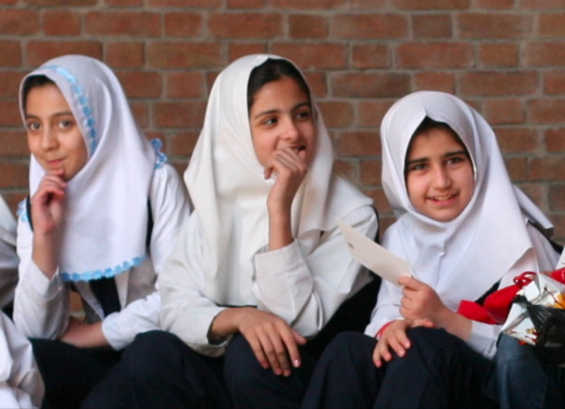By Janet Ekstract
NEW YORK- According to an announcement on Iranian state media, Iran’s Attorney General Mohammad Javad Montazeri announced that the morality police will be abolished. Some experts are doubtful about the announcement which comes after months of violence against protesters who spoke out after a 22-year-old woman, Mahsa Amini was taken into custody by the morality police then sent to a hospital where she died of injuries that her family said were due to a violent beating along with claims of rape. Amini was with her brother and wearing her hijab properly, witnesses said, at the time of her abrupt arrest.
As a result of that incident, outrage erupted among not just women but men as well and multitudes of Iranians took to the streets for at least two months, protesting the government and the morality police. The decision was reported late Saturday night by state news media in Iran and appears to be a victory for feminists in Iran who have fought for years to see the morality police abolished. The protests after Amini’s death are posing the most major challenge to the ruling party in Iran which consists of an authoritarian-style government ruled solely by older, religious clerics who set their own brand of morality on the population, especially women and girls.
Montazeri told the state media that the morality police were “abolished by the same authorities who installed it.” He did add though that Iran’s judiciary would still continue to enforce restrictions on what he deemed “social behavior.” Montazeri also said the headscarf regulations are now being reviewed by authorities. Nothing is certain yet and it still is not clear whether the hijab law will be relaxed or not. The primary role of the morality police is to enforce laws related to Iran’s conservative Islamic dress code that was imposed after the Shah of Iran was toppled in the Islamic Revolution in 1979. Iran’s new president is ultraconservative which has led to extra intense scrutiny of women under the hijab law in Iran. Thirty years ago in Iran, women were forced to wear long black chadors but in recent years, prior to the current ultraconservative president,, women were not required to wear a chador and could wear a headscarf that was not as restrictive as under previous regimes.




